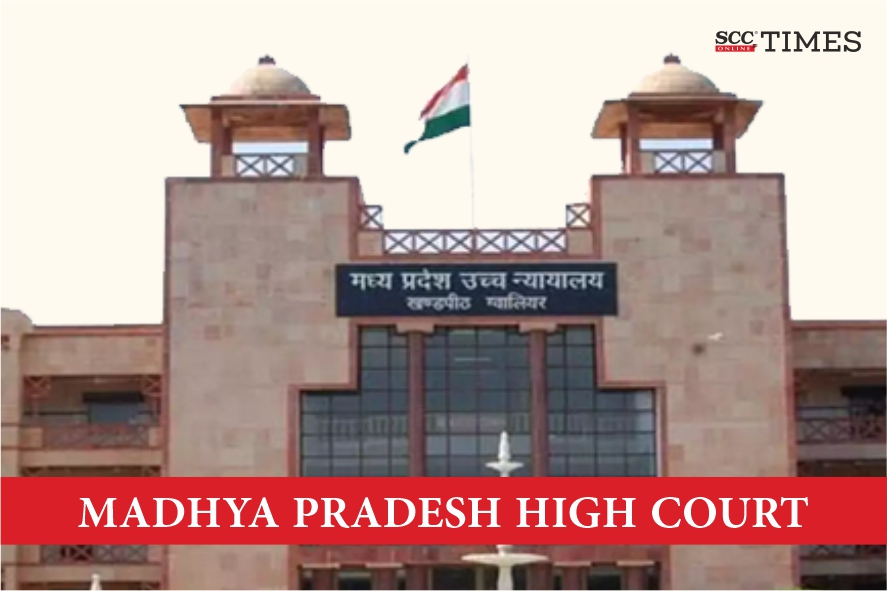Madhya Pradesh High Court: In a petition filed under Article 226 of the Constitution of India seeking a writ of mandamus directing Respondent 3 to stop the construction work near the Hanuman Mandir and construct the public utility premises (Sarvajanik Sulabh Shauchalaya) at a location other than near the Hanuman Mandir, a single-judge bench of G.S. Ahluwalia, J., held that the present case does not need interference as the construction was beneficial for the public and did not harm the temple’s atmosphere and ecological balance and dismissed the petition.
The petitioner argued that the construction of a Sulabh Shauchalaya near the Hanuman Temple would spoil the atmosphere around the temple. The petitioner could not specify the distance between the temple and the under-construction public utility premises. However, the State contended that the Municipal Council decided to construct the public utility premises to prevent devotees from easing themselves in the open area, thus maintaining cleanliness and hygiene around the temple. The State further informed the Court that in total 17 criminal cases are registered against the petitioner, including a life imprisonment sentence and offenses under the N.D.P.S. Act and Section 354 IPC.
The Court noted that the petitioner failed to provide the distance between the temple and the under-construction public utility premises. The Court further noted that the petitioner’s criminal history raises questions about the petitioner’s motives for filing the petition.
The Court asserted that the public utility premises aims to benefit the devotees and maintain cleanliness and hygiene in the surrounding area. The Court stated that the construction of the public utility premises for the benefit of devotees cannot be considered detrimental to the atmosphere and ecological balance around the Hanuman Temple.
The petition was dismissed as no valid case was made for interfering with the construction of the public utility premises as the construction was beneficial for the public and did not harm the temple’s surroundings.
[Kapil Kumar Dubey v. State of M.P., 2024 SCC OnLine MP 4876, Decided on 16-07-2024]
Advocates who appeared in this case:
Shri B.P.Patel, Counsel for the Petitioner
Shri Swapnil Ganguly, Deputy Advocate General, Counsel for the Respondent









